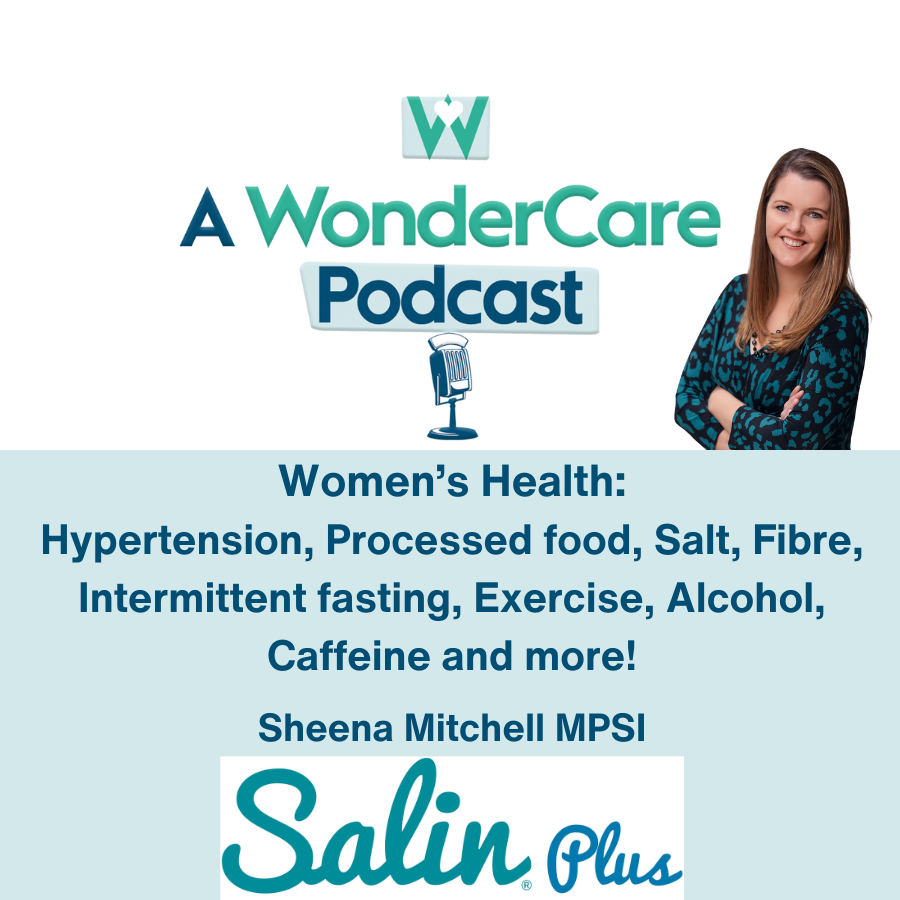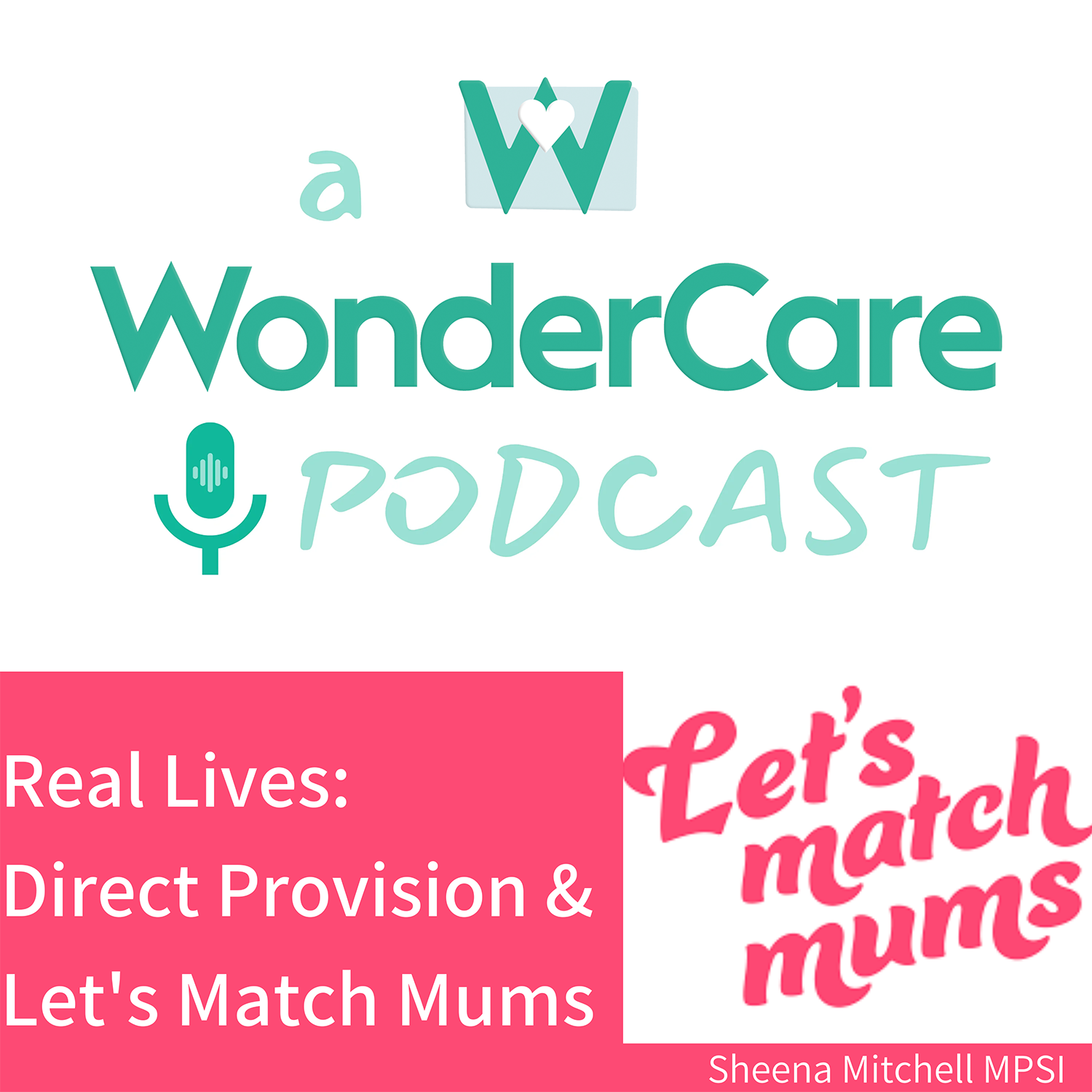Episode Transcript
Speaker 0 00:00:00 My name is Sheena Mitchell. I have been a pharmacist for 17 years. I trained in Scotland and worked there for two years until I came home in 2007. I own Milltown Total Health Pharmacy in Dublin six. I also created the Wonder Baba dot, ie. Health resource for parents today, the 16th of December, 2022. I sent the following letter to R Tuk Leo Raker. I wrote this letter because I am passionate about healthcare. I'm struggling to witness the current tsunami of patients trying to access healthcare in Ireland and not being able to. I am appealing for an urgent change in legislation to catch our system up with our UK counterparts so that pharmacists can play their role to support overburdened gps. I wrote the following letter, because I am angry and frustrated for our patients and for the people of Ireland, I cannot sit back and allow bureaucracy get in the way of safe patient care.
Speaker 0 00:01:00 Quite simply, Irish people deserve better. Dear Tuk. It's not often I'm embarrassed to be Irish, but as a pharmacist working within the confines of the Irish system today I am. I spent five years in university developing my medical expertise in pharmacy. Despite this training, my skills and those of my pharmacy colleagues are being chronically underutilized in an Irish healthcare system. At Breaking point, I find this very frustrating. There is a very simple answer to quickly alleviate the massive pressure frontline doctors are currently facing. We are in the eye of the storm, and you are a doctor in a position of leadership and legislative power. You know that the daily figures, counting the infections of influenza R S V Covid 19 and strep A will only continue on an upward trajectory as these viruses always do in late winter and early spring. Let us help the community.
Speaker 0 00:01:57 Pharmacist is your biggest ally. We are open from early morning until late at night, and in many cases, seven days a week. A patient does not require an appointment to see a pharmacist and almost half of the population live within one kilometer of a pharmacy. You led us through a pandemic the healthcare system can't take anymore and the patient always has to come first. Instead of making promises, chairing working groups and discussing policy, now is the time to act. Pharmacists want to help. We are qualified. A range of services has so much potential to significantly improve access to patient healthcare. What is more this model of patient care is already working successfully in Scotland and further a field. Every day I see patients suffering who cannot access a doctor due to the extreme pressure that the healthcare system is under. Together, we can make a big impact to improve this situation. Today, I am asking you for urgent
Speaker 1 00:02:58 Action on both the implementation of a minor ailment scheme and the introduction of patient group directives. The minor ailment scheme. The minor ailment scheme saves GPS time. Let us prescribe approved items for medical card patients. Private patients can buy these items over the counter, but medical card holders need a prescription from their gp. It makes no sense in the current climate to be sending medical card holders into GP surgeries for over-the-counter items. This at a time when we need to free up accessibility to GPS for urgent patient assessment and diagnosis. It started as a cost issue. I know, however, it is costing more money to send patients into a GP and it's potentially costing lives by removing that appointment from an urgent sick patient. Figures from Scotland already show us that it could remove one in seven GP visits and here it could be even more.
Speaker 1 00:04:00 Secondly, patient group directives. Pharmacists would work to carefully develop patient group directives to access and supply prescription only medicines to treat the following conditions. Bacterial skin infections using oral antibiotics, conjunctivitis using eyedrop antibiotics. Cystitis of an uncomplicated nature can be treated with antibiotics. EM infantigo can be treated using local antibiotics. Shingles, we could treat using antiviral medicines as a newly qualified pharmacist working in Scotland in 2006, I was able to supply antibiotic eyedrops for conjunctivitis 16 years later, and Ireland still hasn't caught up. It's insulting to our profession and it's injurious to patient care <unk> Surely you can see how important this is. You have an important job to do. Going back to your GP role once a week was admirable during the pandemic, but not a long-term solution. Now we need you to lead this country and act swiftly to ease the pressure on doctors.
Speaker 1 00:05:12 Introducing patient group directives does not need to be difficult. We have a roadmap from Scotland. We can't afford years of planning and preparation by people who don't work in community pharmacy. We need cooperation between healthcare professionals, their governing bodies, the HSE and the government so that patients can get the care that they need. Now, pharmacists go into the profession because they're passionate about health and their communities. Pharmacists are skilled and caring healthcare professionals who are more than capable of implementing PGD and working within the boundaries of them. There is no legislation to support the supply by pharmacists of prescription medicines without receipt of a
Speaker 2 00:05:56 Prescription. By law, we can administer certain medicines in certain circumstances. However, the administration and the supply of routine treatment are two very different things. We need an exception put into the Medicines Act that allows for the provision of certain prescription only medicines approved as part of a patient group directive. This requires emergency legislation to avoid further delays to accessible healthcare. Every patient group directive would be developed, assessed, and signed off by a senior doctor. This will facilitate pharmacists to use their existing skills to treat common uncomplicated ailments in patients without any contraindications to treatment. This is in the best interest of patient care and is well within the scope of community pharmacists. Pharmacists are not seeking to be doctors, but we are looking to be able to improve patient access to medicines and healthcare in predefined, safe and approved settings. Thank you.


